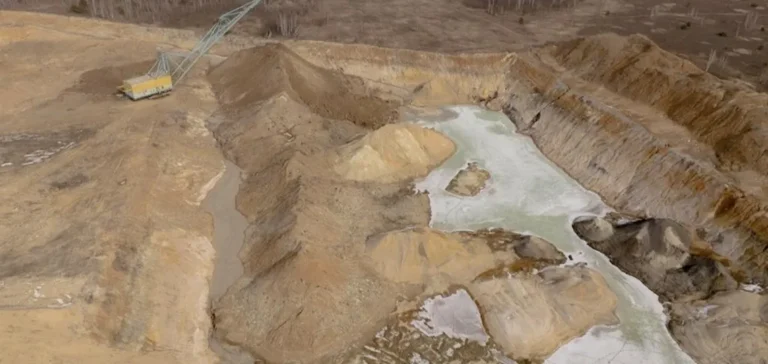Brazil holds reserves of strategic minerals sought after by global industry, at a time when the United States is increasing initiatives to secure its supply in the face of escalating trade tensions between the two countries. This week, the Chief Executive Officer of the Instituto Brasileiro de Mineração (IBRAM) met with the official representative of the US Embassy in Brazil, Gabriel Escobar, to discuss possible agreements on critical and strategic resources.
A diplomatic challenge over rare resources
The US representative expressed interest in the national policy on critical and strategic minerals currently being prepared by the Brazilian government, as well as in parliamentary initiatives in this field, according to IBRAM. Raul Jungmann, Chief Executive Officer of IBRAM, stated that any negotiation on these raw materials must involve the federal government, due to the constitutional status of mining resources in Brazil.
A few days before the entry into force of a 50% tax on Brazilian exports announced by the United States, discussions between the two countries are intensifying. This tariff measure, announced in July, follows a series of political disputes and has revived concerns about the future of strategic raw materials trade between Brazil and its partners.
Brazil, a key player in the global minerals market
Brazil’s position on the international stage for strategic minerals is attracting increased attention. The country holds the second largest global reserve of rare earth elements, after China, according to the United States Geological Survey (USGS). The Brazilian Ministry of Mines and Energy estimates these reserves at around 21 mn tonnes, while national production currently represents only 1% of the global supply.
Brazil is also among the leading lithium producers worldwide, ranking sixth behind countries such as Australia, Chile, and China, according to USGS data. Almost all of Brazil’s lithium production is destined for the Chinese market, illustrating the country’s integration into the global supply chains of technology and automotive industries.
Monitored cooperation prospects
The latest price assessment for Brazilian spodumene lithium stood at $800/tonne, marking a $35 increase in one day, according to sector data. This level, identical to that observed at the launch of the index in March, reflects price stability despite political uncertainties.
President Luiz Inácio Lula da Silva recently reaffirmed national sovereignty over mining resources, calling for mutual respect between governments. Official statements are made as discussions on critical minerals are expected to continue amid persistent trade tensions.






















